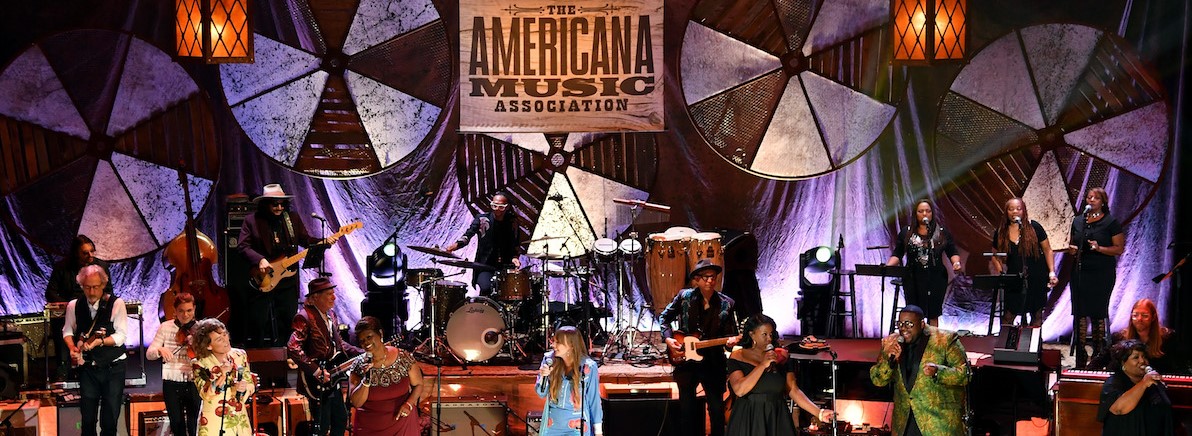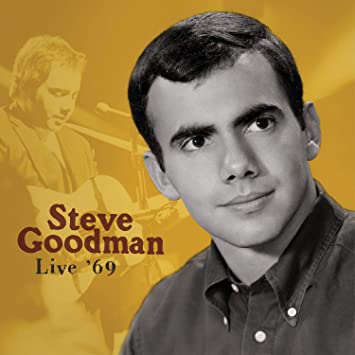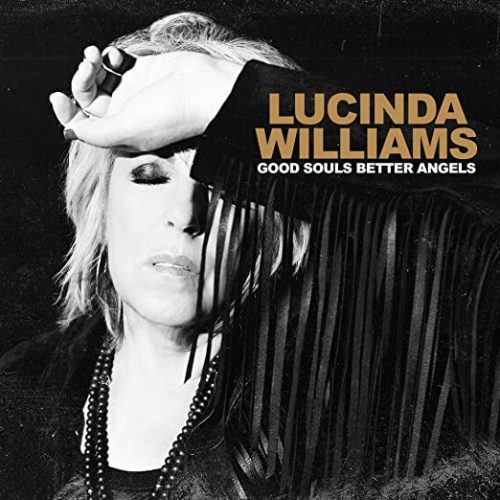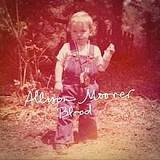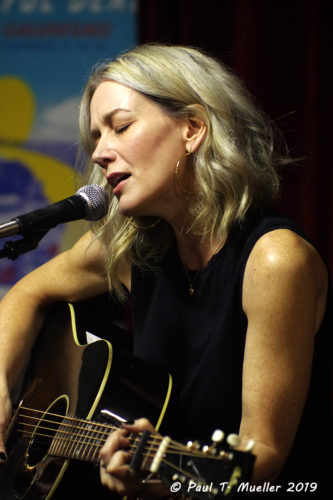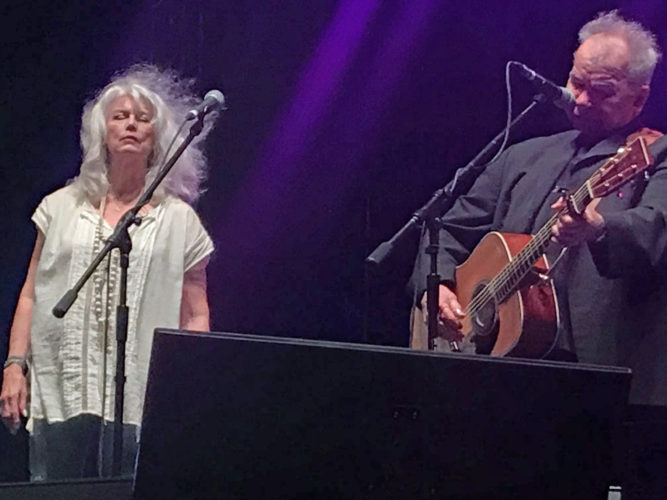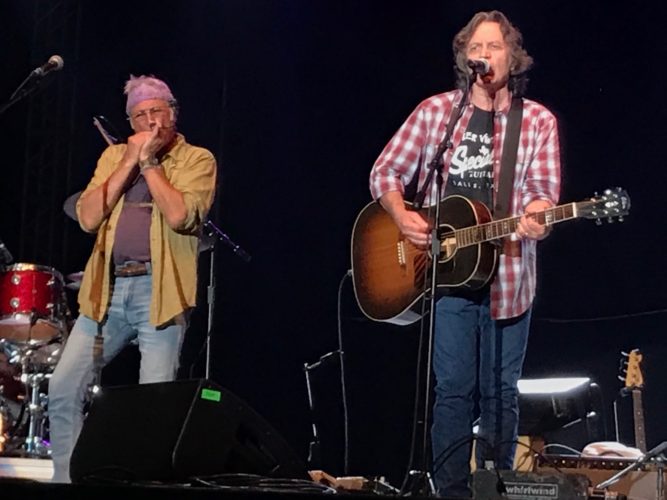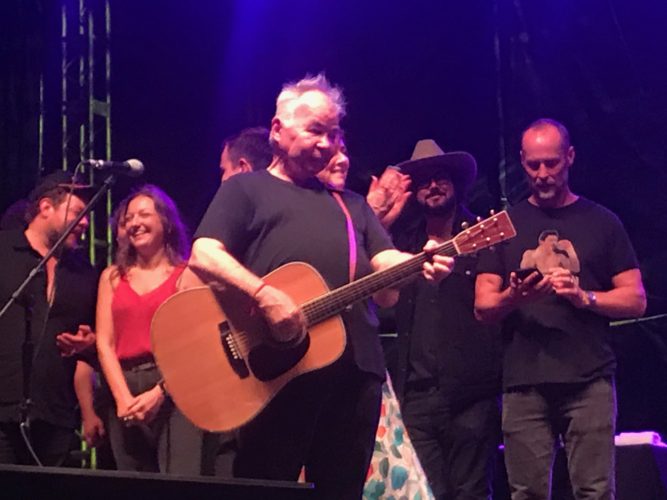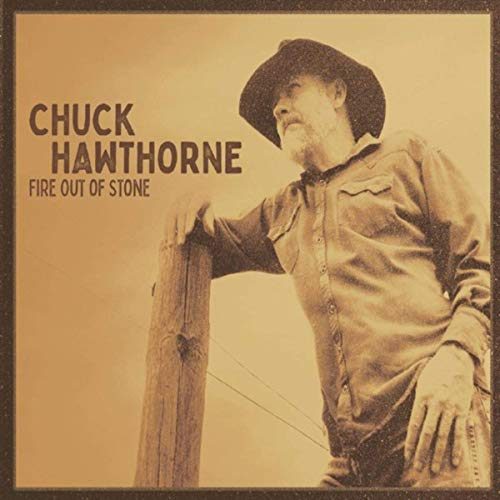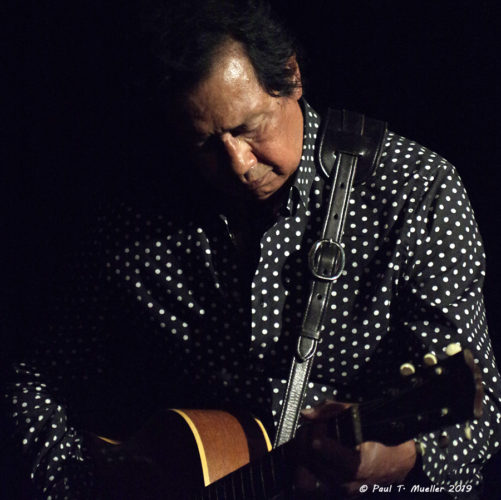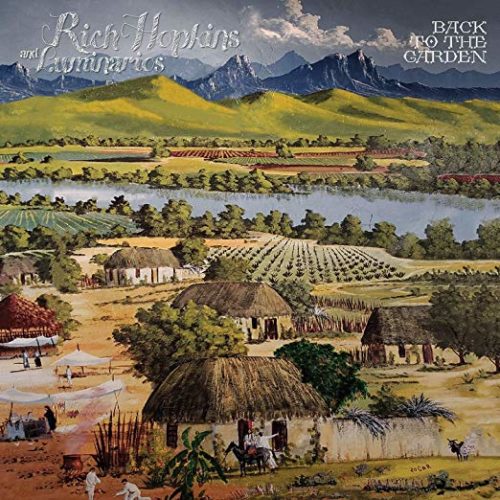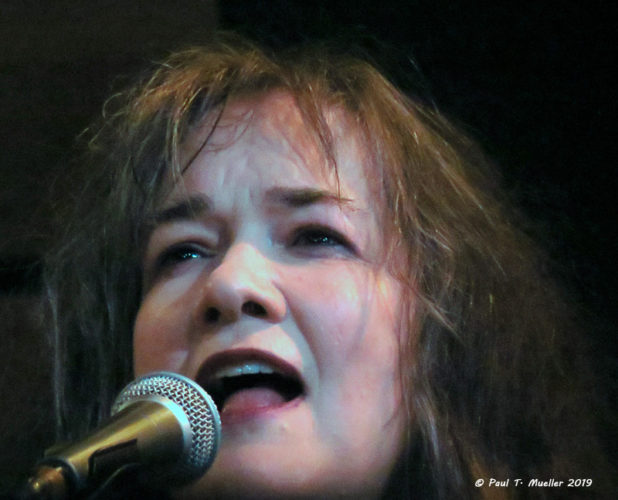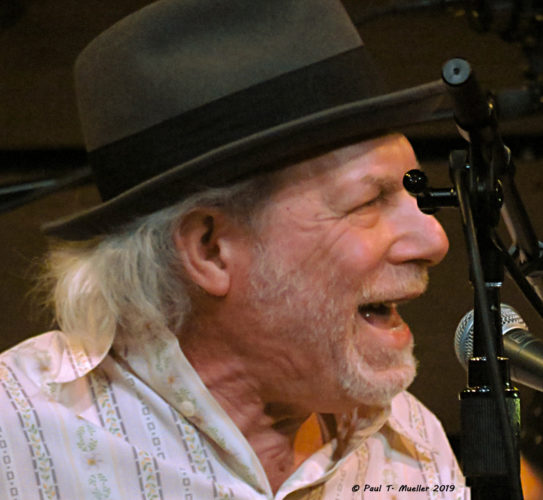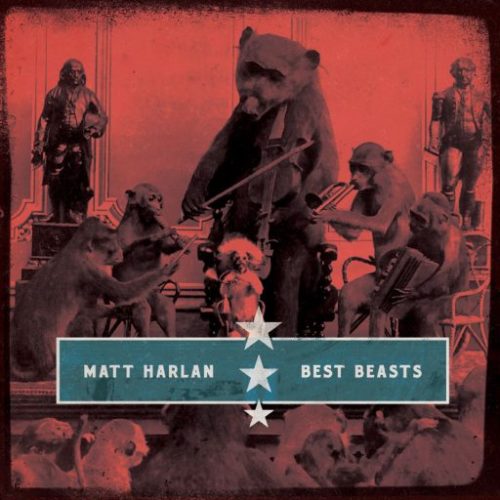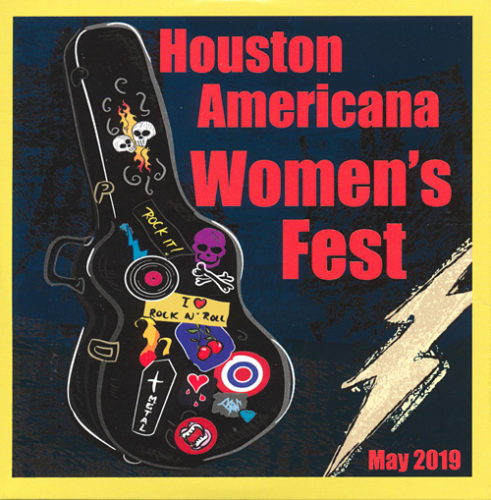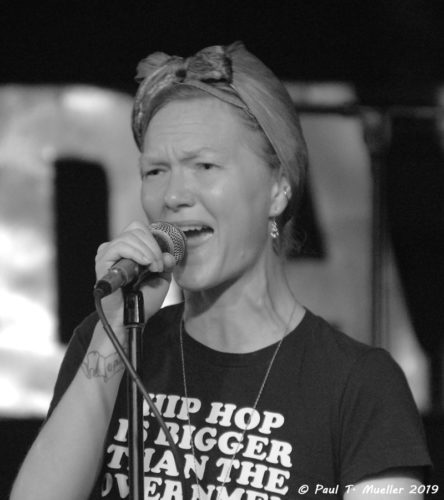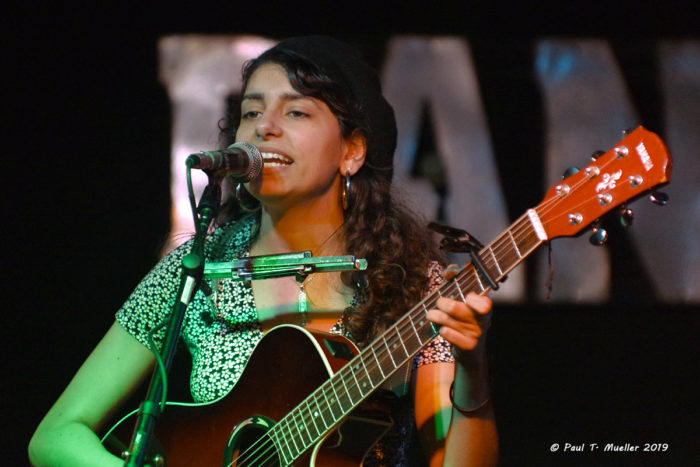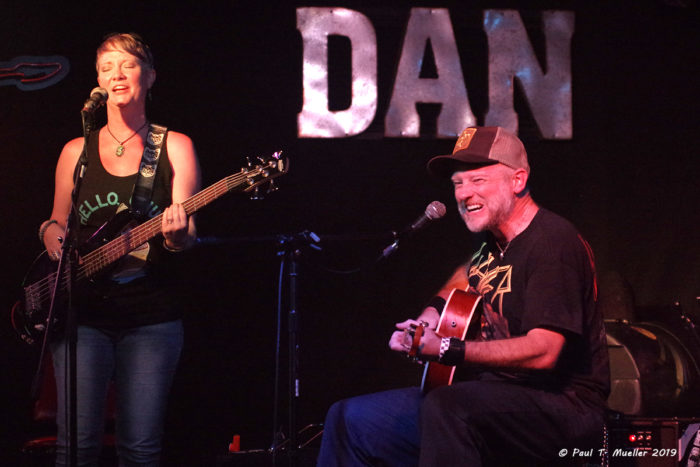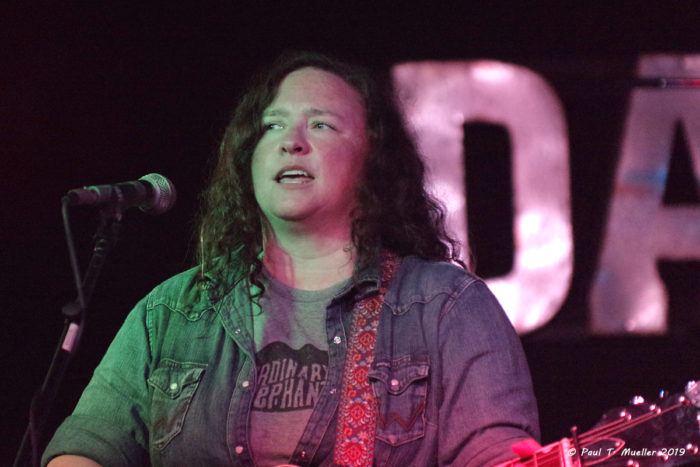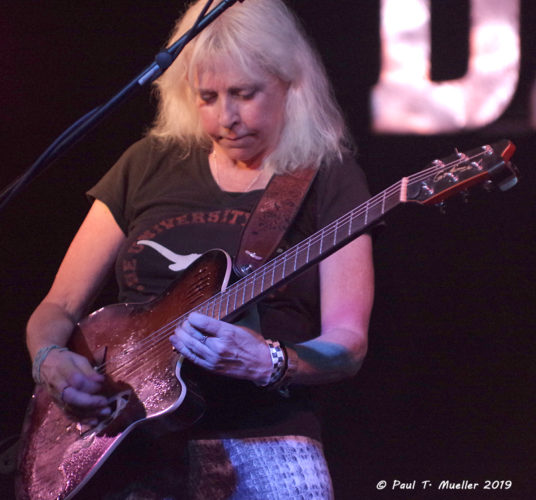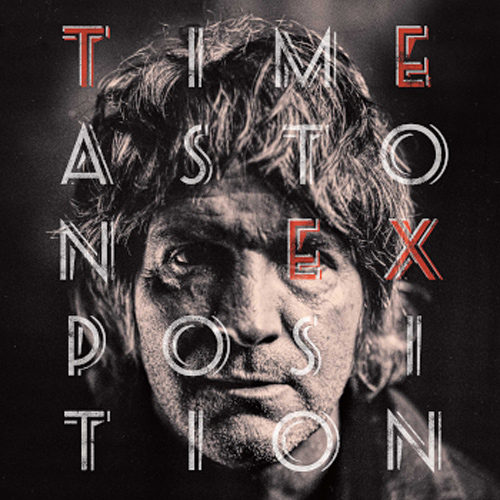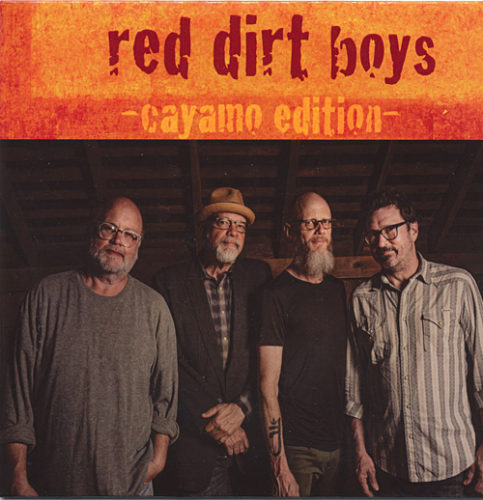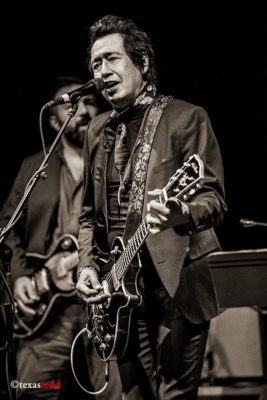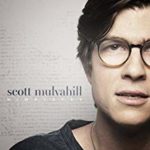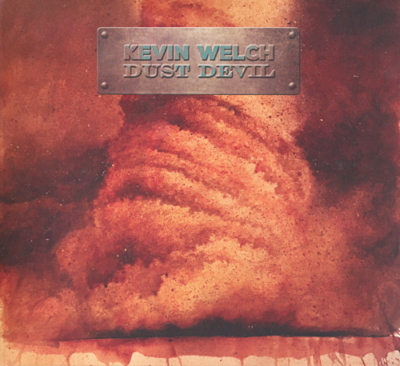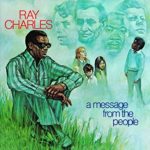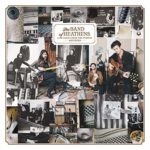By Paul T. Mueller
Some People, the latest effort from folk-rock veterans Wheatfield, is as much a testament to enduring friendship as it is a musical document. The roots of this Texas- and Arkansas-based quartet go back to 1973 – an often-told story describes how two of the members, already alumni of a Houston high school, attended the graduation ceremony of a third, eagerly awaiting the moment she received her diploma and joined the band full time. The fourth joined a few years after that, and all these years later – after tasting success for a few years, breaking up, and re-forming after a quarter-century hiatus – they’re still at it.
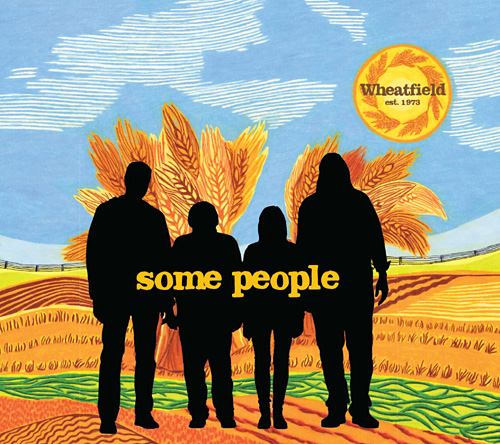
Wheatfield earned critical praise and loyal followers during the first go-round, playing a mix of folk, rock, jazz, soul and even classical music. The band could be forgiven for playing nostalgia gigs for aging fans, and it’s true that several of the old songs are still staples of Wheatfield shows, such as they are these days. But when the quartet restarted the band in the early Aughts, it was with the idea of continuing to create new music, and they have. Some People is a bit uneven, but the album’s 10 original tracks are worthy of the fine reputation the band established long ago.
(Full disclosure: This reviewer has been a Wheatfield fan at least since 1976 and counts these musicians as friends, having come home one evening a few years ago to find them in his living room, set up to play a surprise birthday party house concert.)
The music, as always, is an eclectic mix of styles and influences. The title track, written by Craig Calvert (vocals, guitar, mandolin, flute) is a funky look at real-world tensions between work and fun, money and time. “When the Fog Rolls In,” by Calvert and Ezra Idlet (vocals, guitar, banjo, percussion) is a gentle, jazzy meditation on life’s simple pleasures. “Sweeter Side,” by Idlet, Connie Mims Pinkerton (vocals, guitar, percussion) and Keith Grimwood (vocals, bass) celebrates seeking the good in life; it features Idlet’s banjo and some fine four-part harmonies. (Idlet and Grimwood make up folk duo Trout Fishing in America, which began as a side project in the ’70s and is still going strong.) “Different Games,” by Mims Pinkerton and Calvert, is metaphorical look at personal struggles; “Cup of Moon,” co-written by Calvert, harks back to the band’s roots as an acoustic trio. “Better Days,” credited to all four members, is an up-tempo ode to hope and perseverance that seems well suited to current times.
The only song not written by one or more band members is a folky-bluegrassy rendition of U2’s “I Still Haven’t Found What I’m Looking For” that highlights Grimwood’s soulful vocals and Idlet’s skillful banjo. There’s a message there: Almost five decades on, at or near retirement age, Wheatfield’s members are still seeking. The writing on Some People is thoughtful, the playing is excellent, the harmonies are as lovely as ever, and the production, by Calvert and Idlet, is clean. Wheatfield isn’t exactly a full-time band anymore, but its members continue to explore the musical landscape, and what they’re finding there is worth hearing.
